|
The National Portrait Gallery and BP have decided to mutually end their decades-long commercial partnership

Lauren Heath-Jones | Planet Attractions | 01 Mar 2022
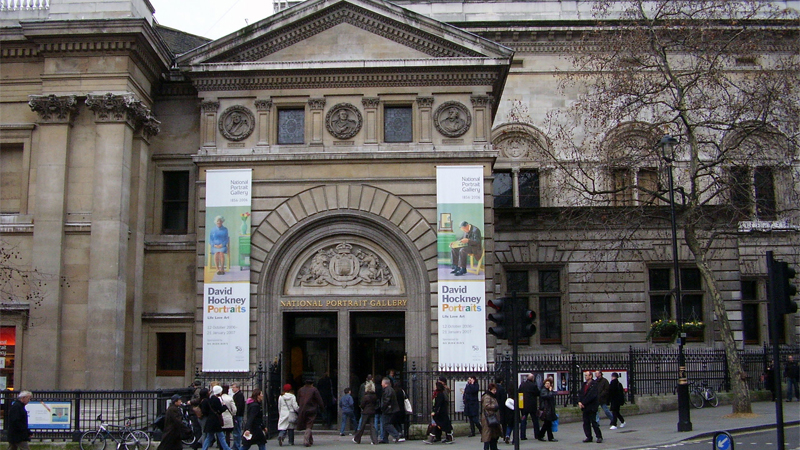
 The National Portrait Gallery’s partnership will not continue into 2023 Credit: CC BY-SA 3.0 Ham The National Portrait Gallery’s partnership will not continue into 2023 Credit: CC BY-SA 3.0 Ham
London’s National Portrait Gallery (NPG) and British fossil fuel company BP have confirmed that they will mutually end their commercial partnership when their contract expires at the end of the year.
According to BP, the decision to end the decades-long partnership, which included the sponsorship of the NPG’s annual Portrait Award, came after a review of the company’s partnerships and initiatives, to “ensure activity is aligned to its new strategy”.
Commenting on the ending partnership, Louise Kingham CBE, BP’s senior vice president, Europe, and head of country, UK, said the company “must look at new ways to best use our talent, experience and resources.”
BP has said that it will honour its commitment to the BP Portrait Award – which hasn’t been held since 2020 due to the gallery’s closure for redevelopment works – for the remainder of its contract, with the funds being used to support the gallery’s work.
“NPG is hugely grateful to BP for its long-term support of the BP Portrait Award,” said NPG’s director, Nicholas Cullinan.
“The gallery is committed to working with artists and continuing to promote portraiture and we look forward to developing the future Portrait Award as we plan for our reopening in 2023.”
The news comes after documents, published by anti-greenwashing organisation Culture Unstained under the Freedom of Information Act, revealed that the British Museum would be renewing its highly-controversial partnership with the oil giant.
BP’s commercial partnerships with several high-profile cultural institutions have long been the subject of public opposition.
Most recently, activists from climate group BP or not BP staged a protest at the opening of the BP-sponsored The World of Stonehenge exhibition at the British Museum in February.
In 2020, following protests against the company’s attempt to greenwash its image through cultural sponsorship, more than 70 artists signed a public letter to the NPG calling for the removal of the BP representative spot from the BP Portrait Awards judging panel. A joint decision between BP and the NPG saw the judging position removed, however, an NPG spokesperson later told The Guardian that the decision had not been influenced by “high-profile campaign work.”
Recent years have seen the termination of several high-profile BP partnerships, presumably due to the rise in climate campaigning work and an increase in public awareness of the climate crisis.
In 2016, BP ended its 26-year partnership with the Tate, citing a ‘challenging business environment’, after multiple demonstrations, including a ‘mass exorcism’, were staged by campaign group Liberate Tate.
In 2019, the Trustees of the National Galleries of Scotland cut ties with BP, with a statement from the group citing its “responsibility to do all we can to address the climate emergency.” The group announced that the 2019 BP Portrait Award exhibition would be the last time it would be held at the National Portrait Gallery in Edinburgh in its ‘present form’.
Also in 2019, the Royal Shakespeare Company (RSC) ended its association with BP, amid concerns that the sponsorship was alienating young audience members, following feedback which suggested that the partnership created ‘a barrier between them and their wish to engage with the RSC.”
Despite public opposition, the British Museum and Royal Opera House will continue their commercial partnerships with the petrol giant.
Museums and galleries
|
|

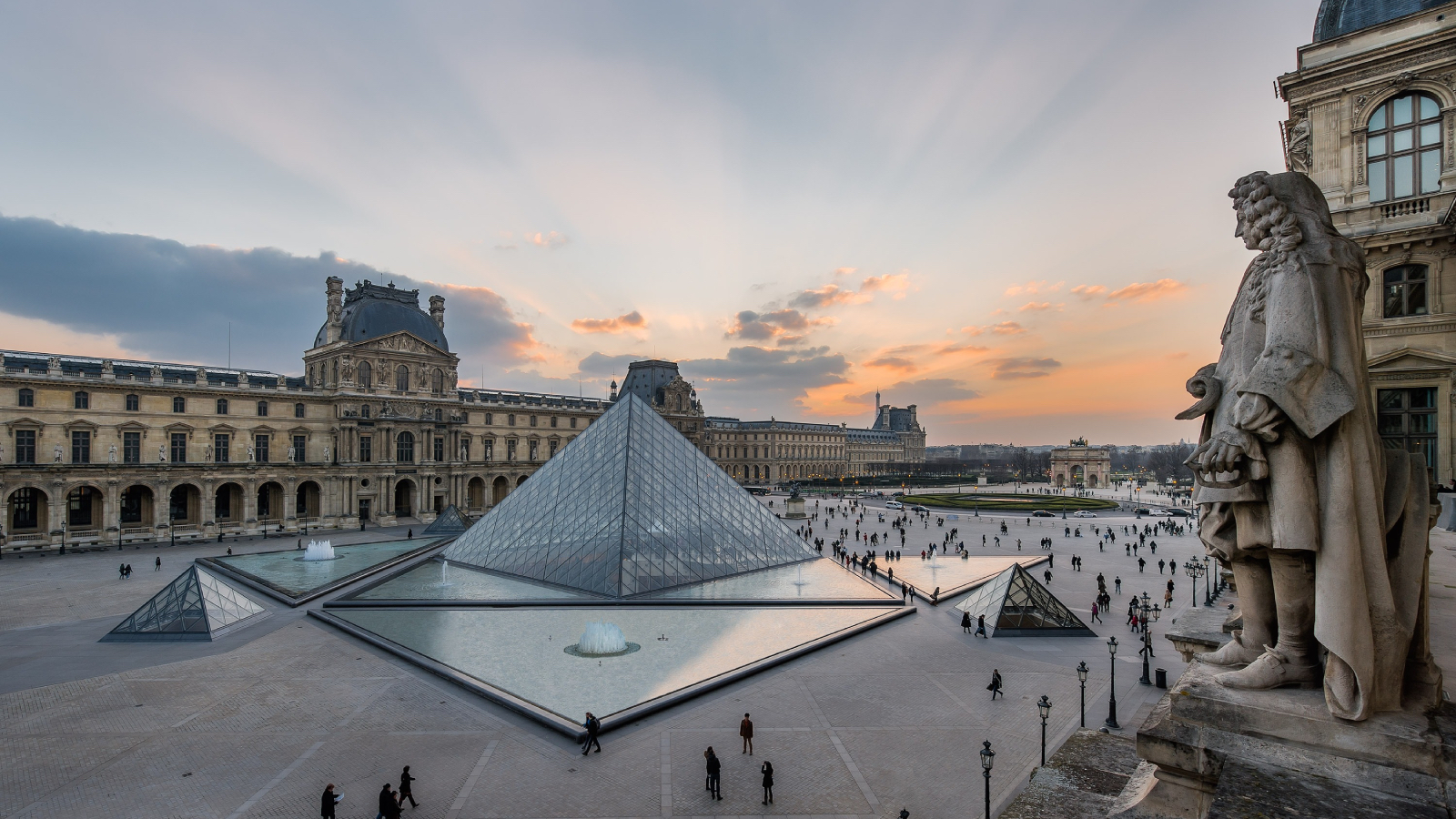
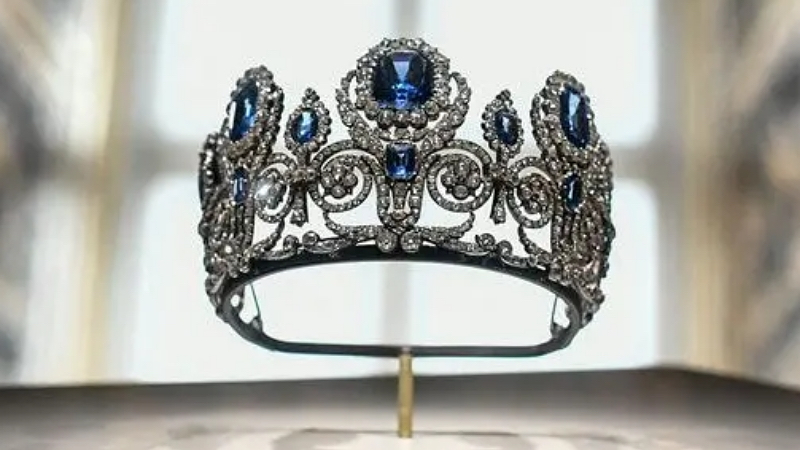
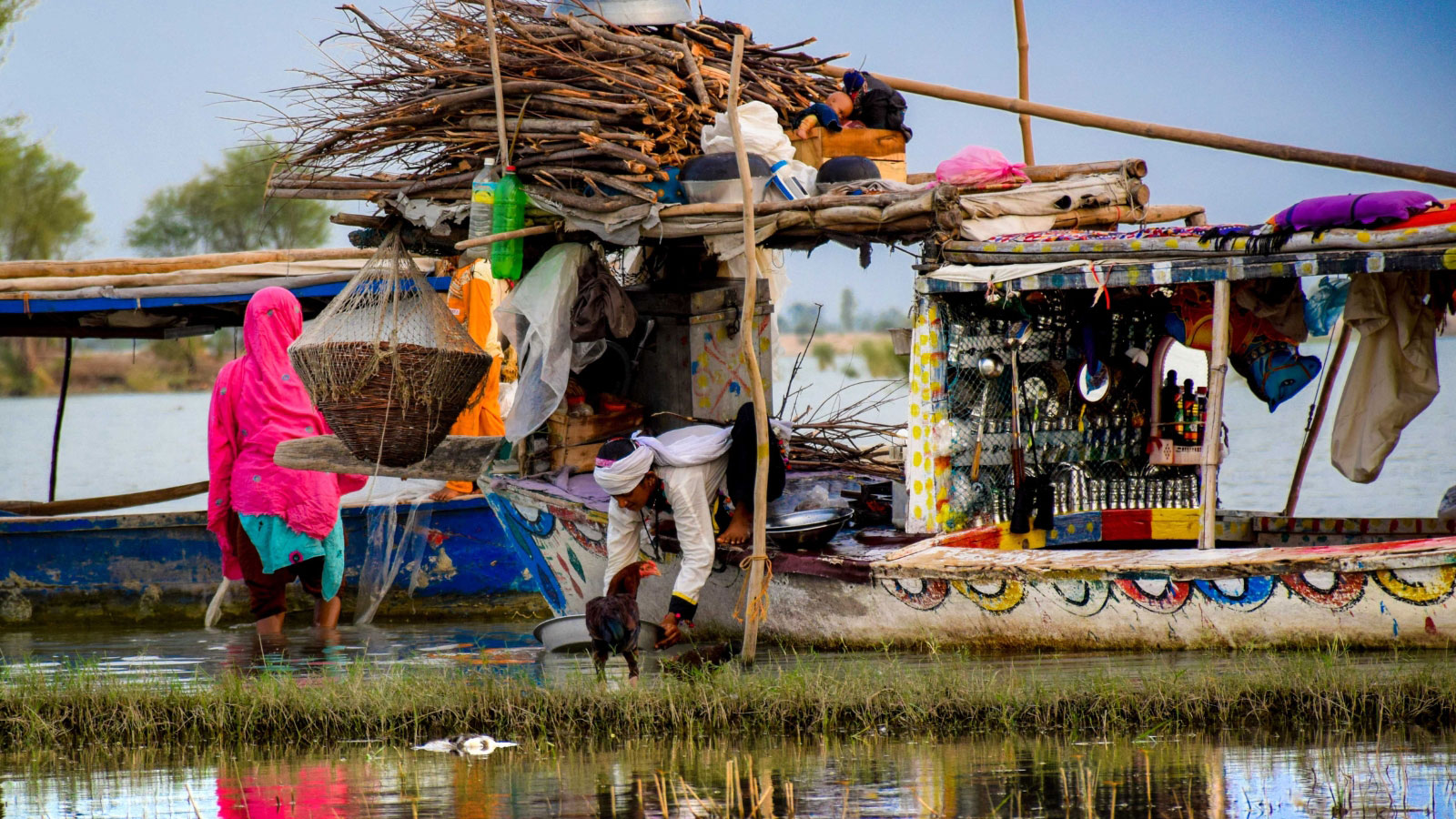
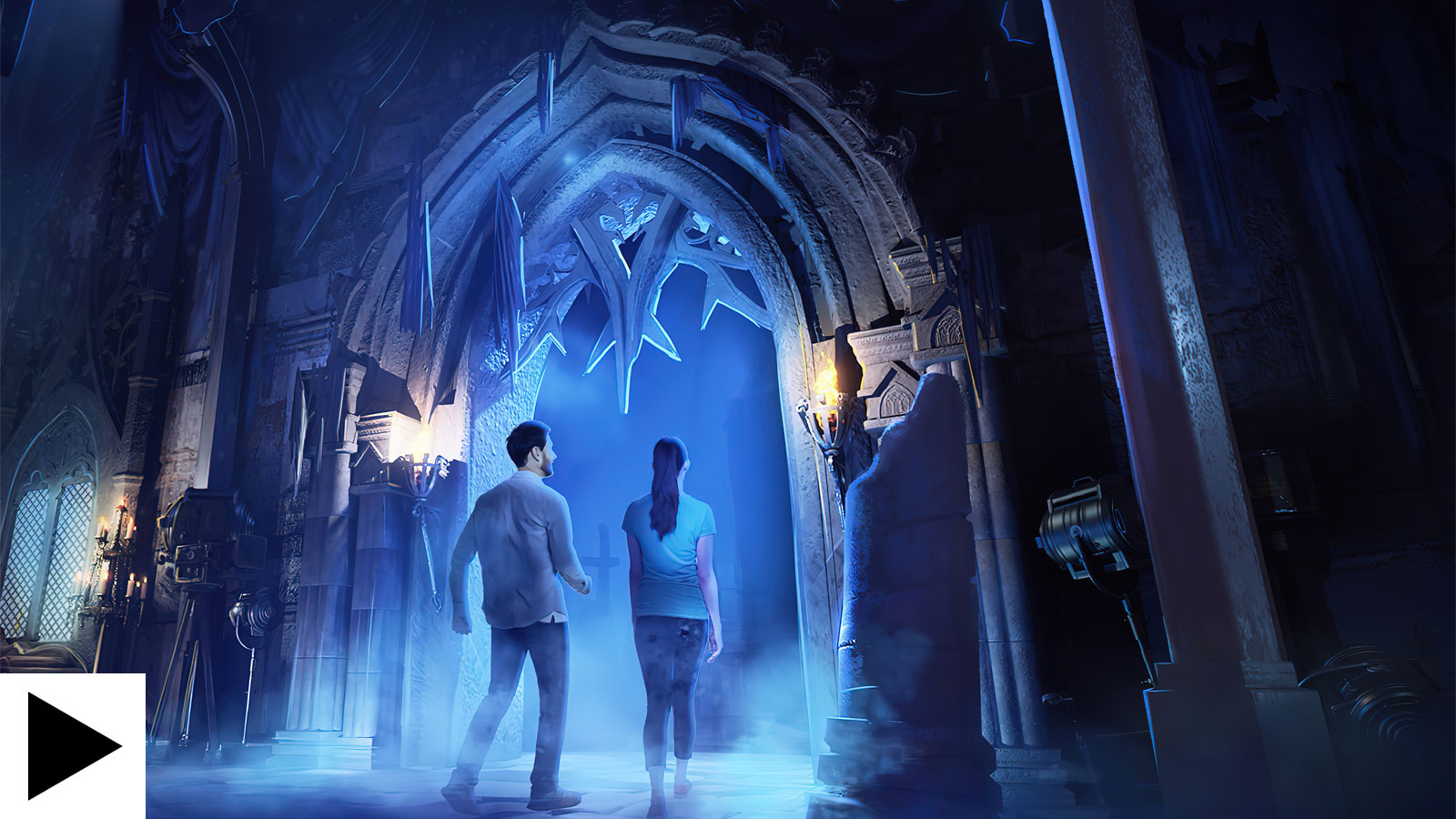

Supplier Showcase 2025: The biggest attractions projects landing worldwide this year
|